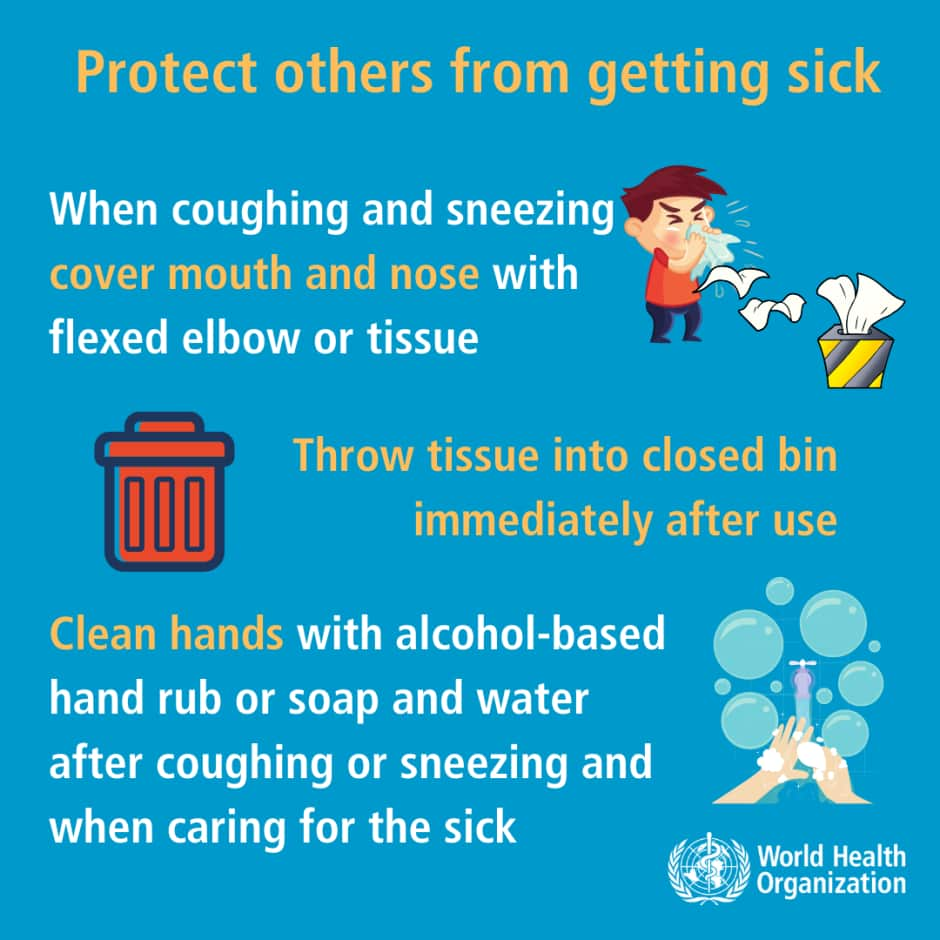NSW Chief Health Officer, Dr Kerry Chant urges the public not to take all information at face value.
“Be aware of the facts about the novel coronavirus and take a moment to investigate unverified claims before they share them with others,” she said.
Here are some of the common myths debunked by NSW health officials.
MYTH #1: You should avoid Chinatown/shopping centres/suburbs with high Chinese-Australian populations
While four cases have been diagnosed in NSW to date, patients have been isolated until no longer infectious and there is no evidence that community transmission is occurring in NSW.
MYTH #2: You can get the novel coronavirus from an imported package of food.
The novel coronavirus does not appear to last very long on surfaces. Therefore imported products do not pose a risk of transmission of this virus.
MYTH #3: Natural treatments such as garlic and sesame oil will stop me from contracting novel coronavirus.
The best way to protect yourself is the same as you would against any respiratory infection. ALSO LISTEN TO
ALSO LISTEN TO

It's important to take extra precautions when you're sick Source: Supplied: World Health Organisation
4. MYTH: The virus has mutated into a more lethal strain.
There is no evidence that the new virus had mutated and it has not constituted a pandemic, according to WHO.
5. MYTH: Can I catch novel coronavirus from my pet?
“While the 2019-nCoV may have come from animals, domestic pets do not pose a risk of transmission in Australia, NSW Health said.
There is no clear evidence yet suggesting pets such as cats and dogs have been infected by the virus.
No ongoing threat of transmitting the infection
Dr Chant said while there is still much to be learned about this strain, the illness appears less severe than SARS or MERS, and many people with the disease may have a mild illness.
All four confirmed cases in NSW were isolated after diagnosis and pose no ongoing threat of transmitting the infection.
Listen to SBS Filipino 10am-11am daily
Follow us on Facebook for more stories
Share

